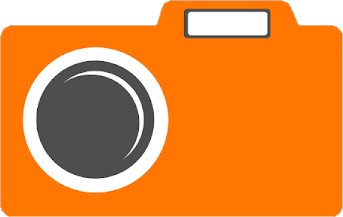teaching:topics:algebra:first
Differences
This shows you the differences between two versions of the page.
| Both sides previous revision Previous revision | |||
|
teaching:topics:algebra:first [2021/09/25 23:07] simon |
teaching:topics:algebra:first [2021/09/25 23:08] (current) simon |
||
|---|---|---|---|
| Line 26: | Line 26: | ||
| After writing down the facts we know about the values we want to find we then play around with them. We rewrite them in different ways and combine them in different ways --- finding related facts about these unknown values --- often seeking some equation, some fact, that involves **only one of our unknowns**. Then we rewrite this equation until it looks like | After writing down the facts we know about the values we want to find we then play around with them. We rewrite them in different ways and combine them in different ways --- finding related facts about these unknown values --- often seeking some equation, some fact, that involves **only one of our unknowns**. Then we rewrite this equation until it looks like | ||
| \[x=\texttt{number},\quad\] | \[x=\texttt{number},\quad\] | ||
| - | that is: we find the equivalent equation-fact that tells us the value of that unknown. Then we use that value and look for the value of another, we are closer to a solution, **our problem has become one unknown simpler**. | + | that is: we find the equivalent equation-fact that tells us the value of that unknown. Then we use that value and look for the value of another --- we are closer to a solution, **our problem has become one unknown simpler**. |
| Early in learning algebra we look at problems that we could solve without writing them down like this, but real problems in the world, and even the simplified problems we soon look at, are too complex to hold in your head as a single puzzle to solve. (Or perhaps your teacher is not giving you problems that are challenging enough!) We need to break them down into parts and keep track of what we have found along the way. To do that we need to write it all down very systematically. We need a formal language to express problems in, and a language we have built for that is algebra. | Early in learning algebra we look at problems that we could solve without writing them down like this, but real problems in the world, and even the simplified problems we soon look at, are too complex to hold in your head as a single puzzle to solve. (Or perhaps your teacher is not giving you problems that are challenging enough!) We need to break them down into parts and keep track of what we have found along the way. To do that we need to write it all down very systematically. We need a formal language to express problems in, and a language we have built for that is algebra. | ||
teaching/topics/algebra/first.txt · Last modified: 2021/09/25 23:08 by simon


